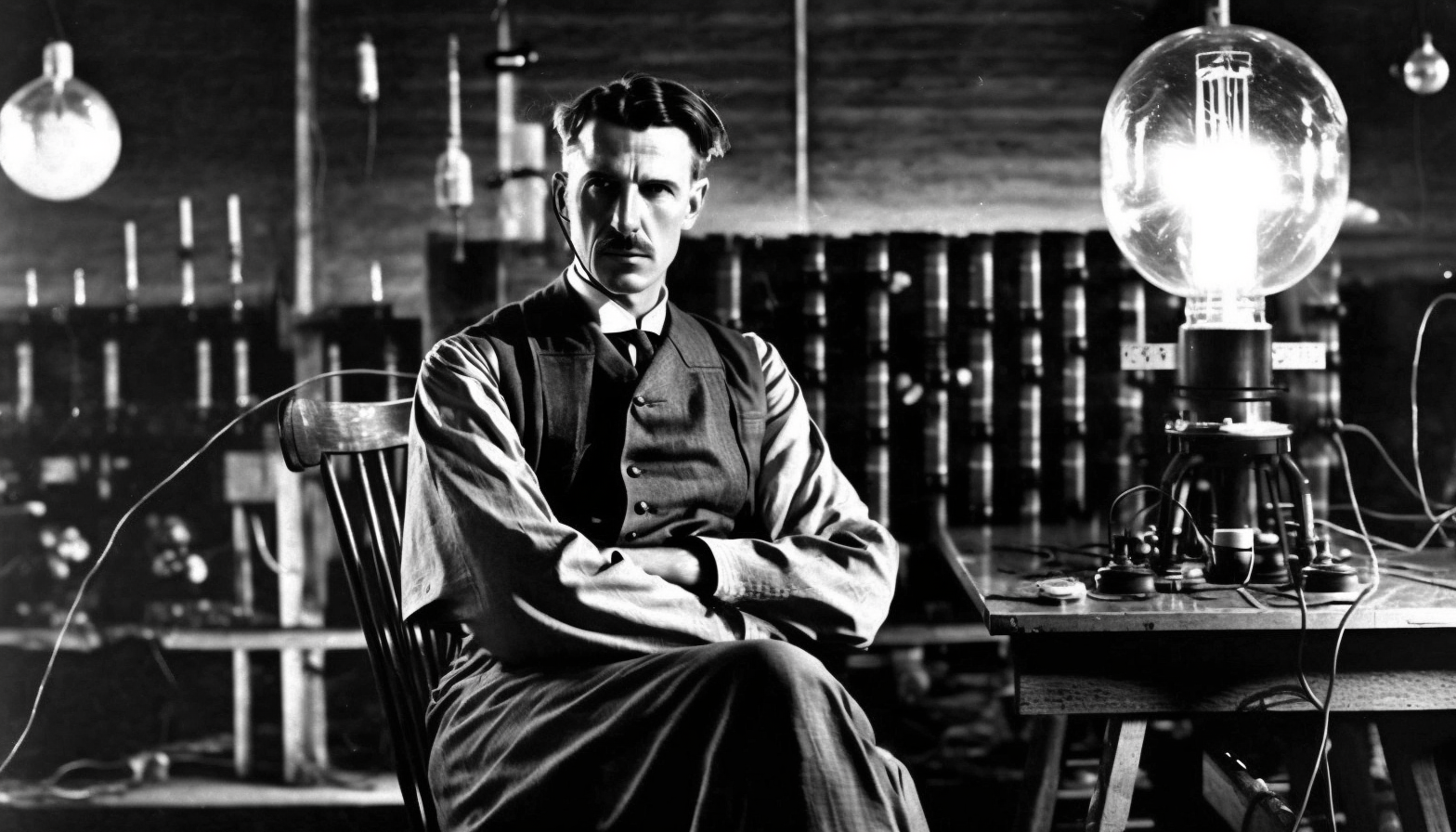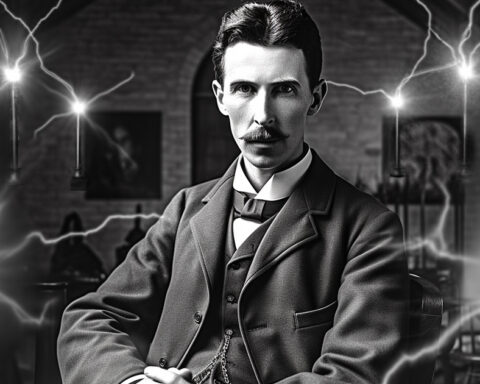Since its inception, radio technology has advanced significantly, and Nikola Tesla is one of the most well-known personalities connected to it. While Tesla is well-known for his work with alternating current (AC) power, many people don’t realize that he also made significant contributions to radio technology. The unsung tale of Tesla’s contribution to radio technology and how it influenced the modern world will be examined in this essay.
Earlier Years of Tesla
In 1856, Nikola Tesla was born in what is now Croatia. He was an outstanding engineer and inventor who devoted his life to the advancement of knowledge. When employed by the Continental Edison Company in France early in his career, Tesla developed an interest in radio technology. He started experimenting with wireless communication at this time, and in 1891 he submitted his first patent application for a wireless telegraph.

Contributions of Tesla to Radio Technology
The foundation of Tesla’s wireless telegraph was electromagnetic waves and high-frequency alternating currents. He initially presented his approach to the general public in 1893 at the Franklin Institute in Philadelphia. After a successful presentation, the Western Union Telegraph Company awarded Tesla a contract to further develop his technology.
Tesla submitted a patent application in 1897 for a radio-controlled watercraft after showing it off in Madison Square Arena in New York City. This experiment, which showed how wireless communication may be used for purposes other than telegraphy, was a turning point in the history of radio technology.
Modern radio communication networks are the result of work done in radio technology by Tesla. His employment of electromagnetic waves and high-frequency alternating currents set the groundwork for radio broadcasting, which would develop into a significant industry in the 20th century. Tesla’s wireless communication patents also paved the way for further advancements in wireless technology, including cell phones and Wi-Fi.
The Impact of Tesla on Radio Technology
Tesla made major contributions to radio technology, although Guglielmo Marconi, who is frequently credited with creating radio, frequently eclipsed Tesla’s achievements. But, the US Supreme Court invalidated Marconi’s radio patent in 1943, concluding that Tesla’s earlier work had set the stage for contemporary radio technology.
Tesla’s contributions to radio technology continue to this day thanks to his breakthroughs and inventions. Modern radio communication systems were made possible by his efforts, and his patents have encouraged a new generation of engineers and inventors to push the limits of wireless technology.
Conclusion
In conclusion, Nikola Tesla made a significant contribution to radio technology. His contributions to wireless communication helped lay the groundwork for contemporary radio broadcasting and wireless technology, and his legacy still serves as a source of inspiration for new ideas and inventions. Tesla’s influence on radio technology is evident, despite the fact that his work was frequently disregarded during his lifetime. His contributions will continue to influence the way we live for many years to come.






